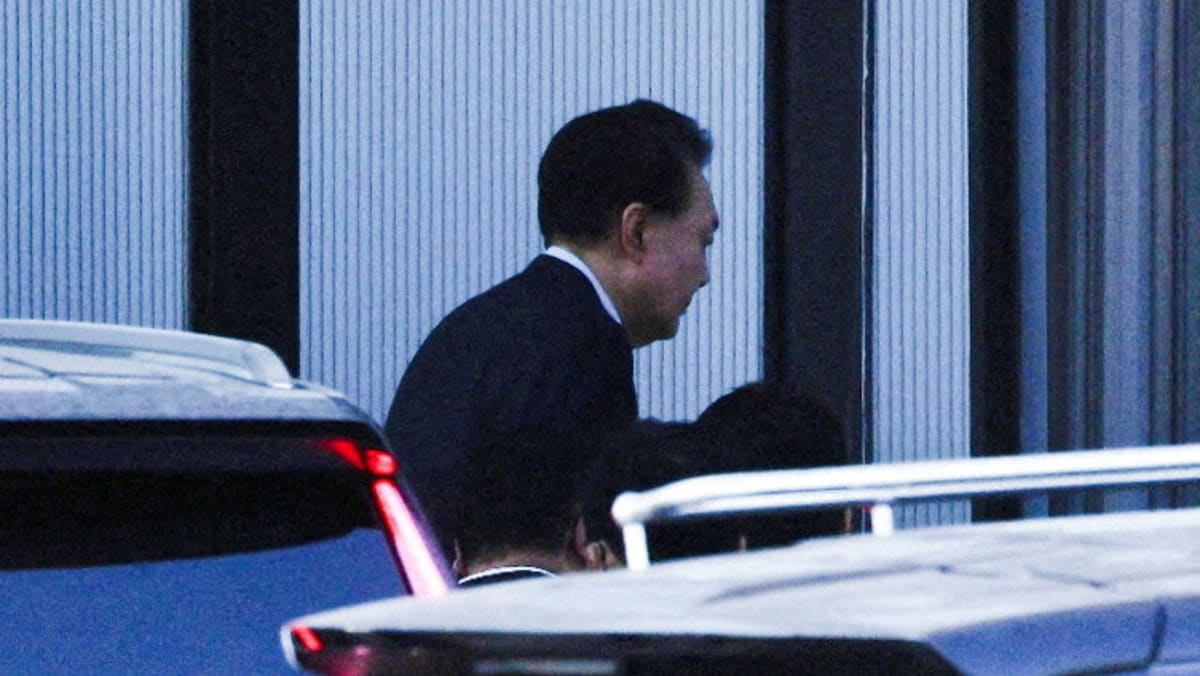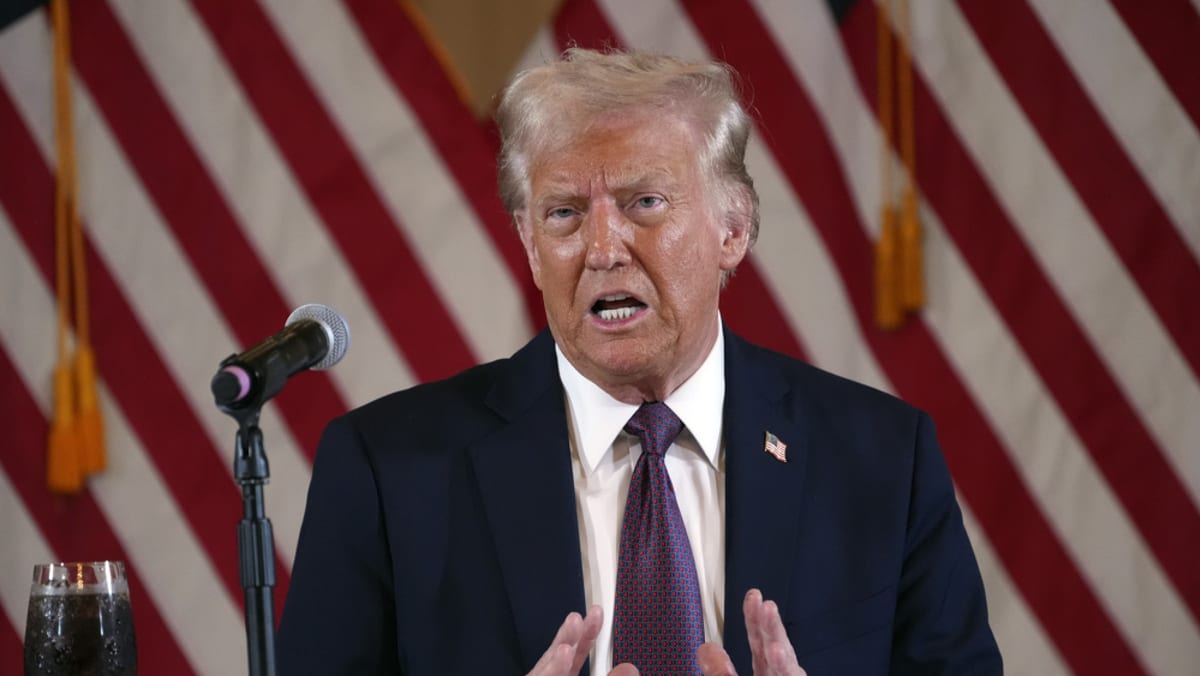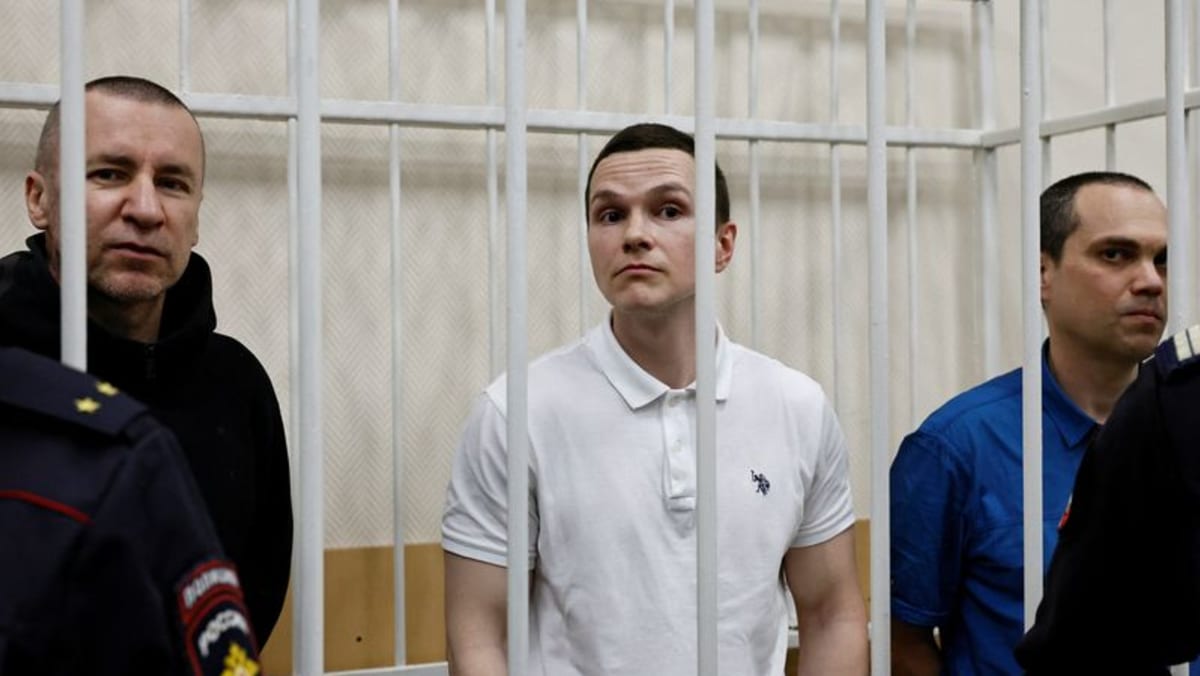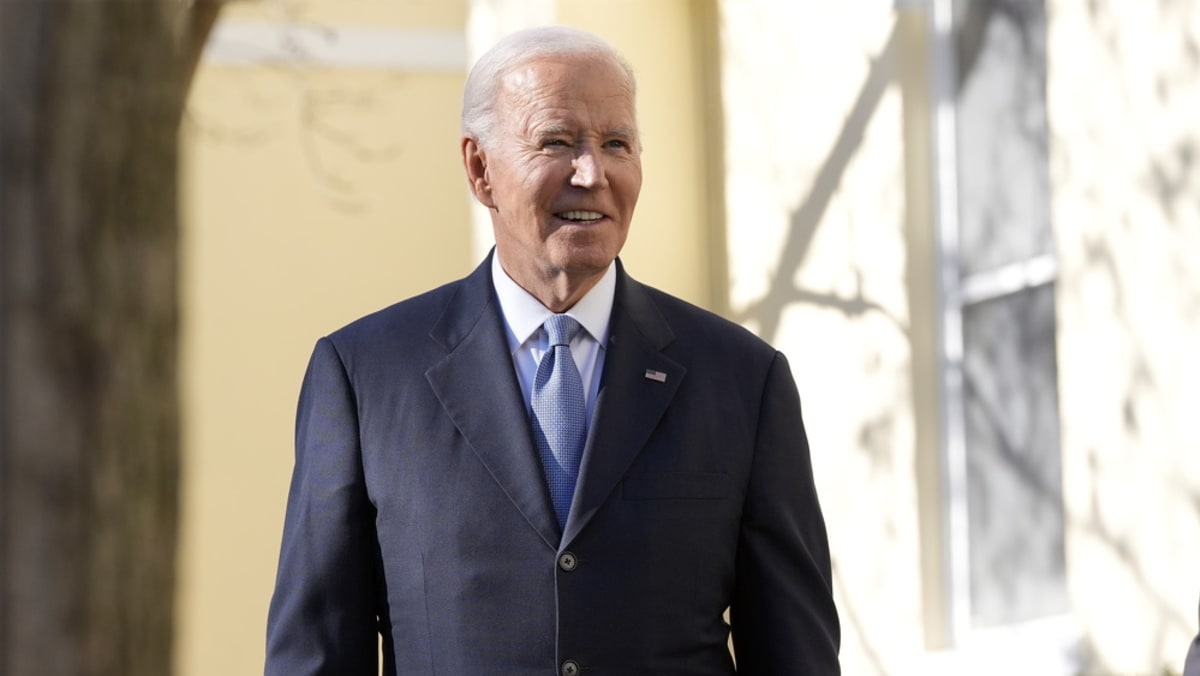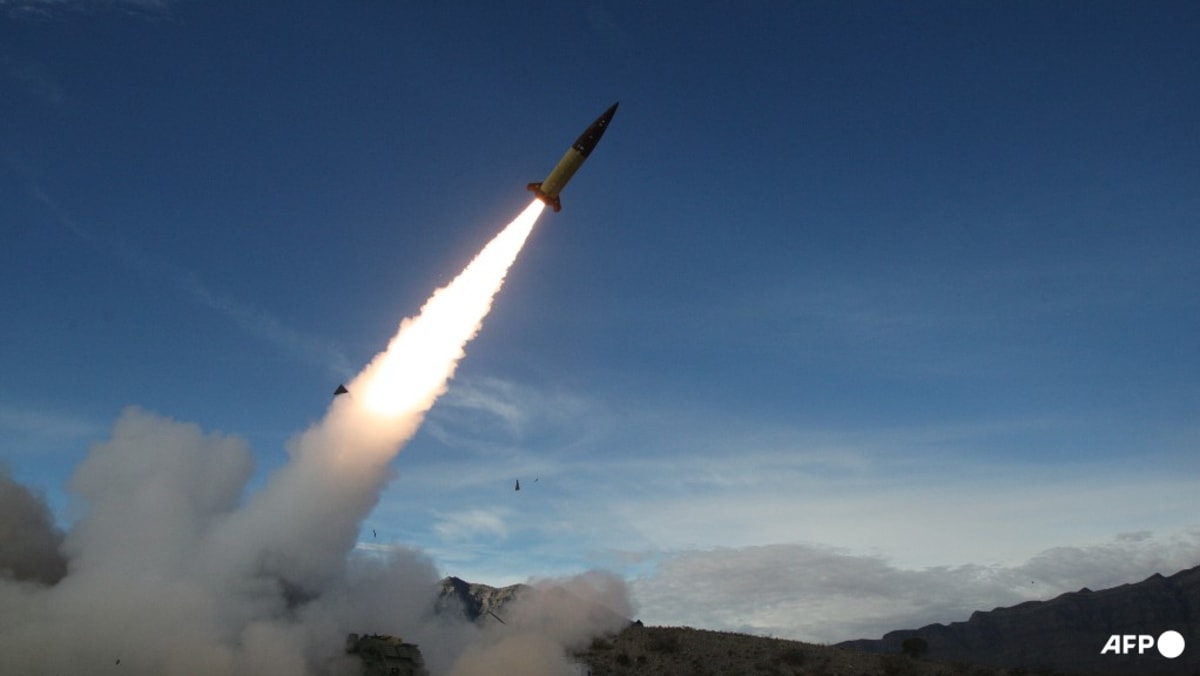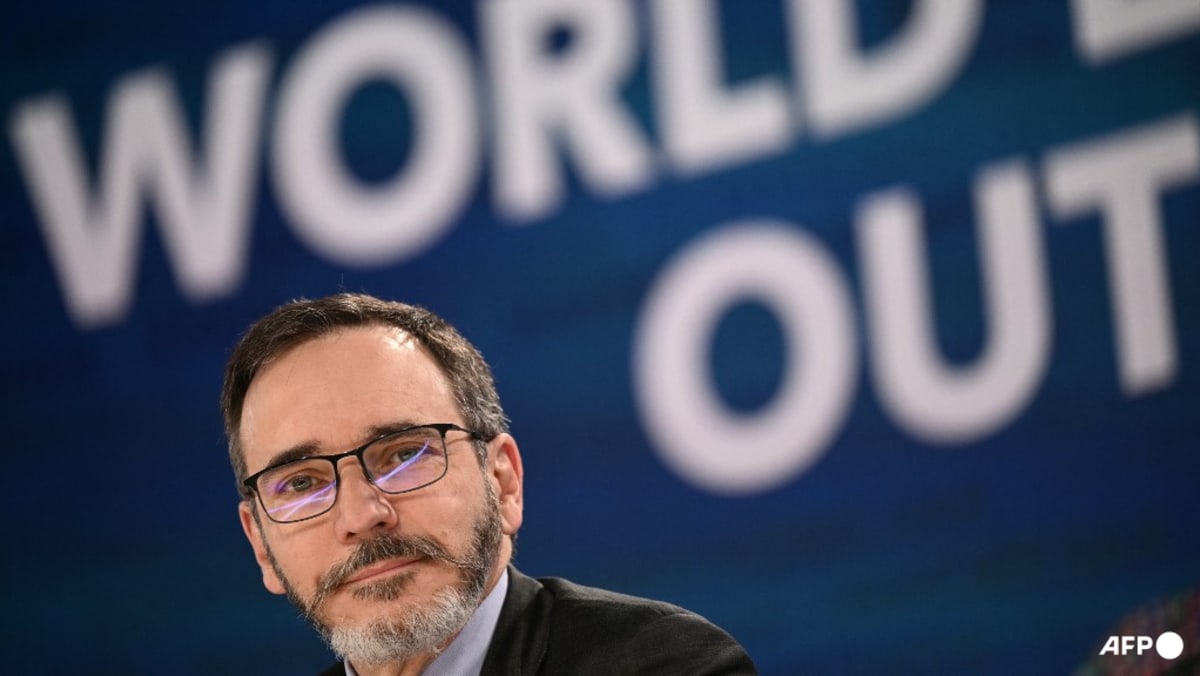THE HAGUE: International Criminal Court (ICC) Prosecutor Karim Khan has defended his decision to bring war crimes allegations against Israel’s prime minister, saying Israel had made “no real effort” to investigate the allegations itself.
In an interview with Reuters, he stood by his decision over the arrest warrant despite a vote last week by the United States House of Representatives to sanction the ICC in protest, a move he described as “unwanted and unwelcome”.
ICC judges issued arrest warrants for Israeli Prime Minister Benjamin Netanyahu, former Israeli defence chief Yoav Gallant and Hamas leader Ibrahim Al-Masri last November for alleged war crimes and crimes against humanity during the Gaza conflict.
The Israeli prime minister’s office did not immediately respond to a request for comment on Khan’s remarks to Reuters.
Israel has rejected the jurisdiction of the Hague-based court and denies war crimes. The US, Israel’s main ally, is also not a member of the ICC and Washington has criticised the arrest warrants against Netanyahu and Gallant.
“We’re here as a court of last resort and … as we speak right now, we haven’t seen any real effort by the State of Israel to take action that would meet the established jurisprudence, which is investigations regarding the same suspects for the same conduct,” Khan told Reuters.
“That can change and I hope it does,” he said in Thursday (Jan 16)’s interview, a day after Israel and the Palestinian militant group Hamas reached a deal for a ceasefire in Gaza.
An Israeli investigation could have led to the case being handed back to Israeli courts under so-called complementary principles. Israel can still demonstrate its willingness to investigate, even after warrants were issued, he said.
The ICC, with 125 member states, is the world’s permanent court to prosecute individuals for alleged war crimes, crimes against humanity, genocide and aggression.
Khan said that Israel had very good legal expertise.
But he said “the question is have those judges, have those prosecutors, have those legal instruments been used to properly scrutinise the allegations that we’ve seen in the occupied Palestinian territories, in the State of Palestine? And I think the answer to that was ‘no'”.


